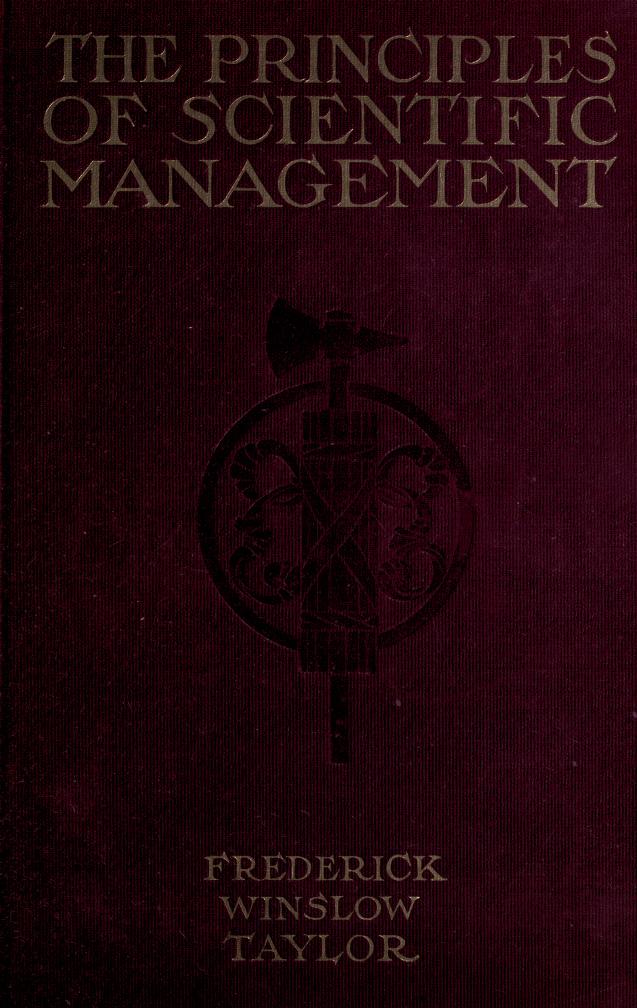
Principles of Scientific Management
References and Quotes
To get an act of faith this unlikely off the ground there had to be some more potent vision than Skinner could provide, some evidence more compelling than reinforcement schedule data to inspire men of affairs to back the project. There had to be foundational visions for the scientific quest. One will have to stand for all, and the one I’ve selected for examination is among the most horrifyingly influential books ever to issue from a human pen, a rival in every way to Frederick Taylor’s Scientific Management. The author was Jean Jacques Rousseau. The book, Emile, published in 1762. Whether Rousseau had given his own five children away to the foundling home before or after he wrote it, I can’t say for sure. Before, I’m told.
Frederick Taylor’s influence was not limited to America; it soon circled the globe. Principles of Scientific Management spread the efficiency mania over Europe, Japan, and China. A letter to the editor of The Nation in 1911 gives the flavor of what was happening:
Near the conclusion of his Principles of Scientific Management1 (1911), published thirty-nine years later, Taylor summarized the new managerial discipline as follows: